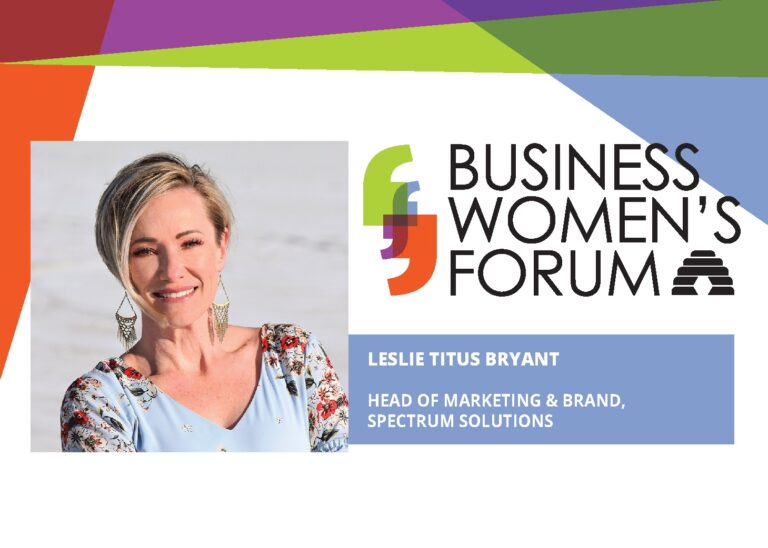In a conference room filled with your 9-to-5 colleagues, have you ever felt unheard, out of place, unimportant, or uncomfortable asserting yourself? Do you ever feel like support and respect are one-way streets not often headed your way? Have you ever felt unsure of what you actually deserve, then start questioning your ability or value? Do you ever feel stuck, like it wasn’t safe or even right to ask for what you wanted? Damaging experiences like these hold women back from thriving in a career or job they love, leaving them in a position where they chase their own value out the door. Why do all women struggle to be assertive and embrace their worth and value in the work they are doing, no matter their education, professional advancement, level of expertise, or amount of personal branding?
Usually the words “you’re not alone” bring a measure of comfort. However, for those perfecting the skill to squash down their feelings of dissatisfaction and unhappiness until another upsetting event occurs, the sentiment may seem more like a systemic global diagnosis.
Have you ever noticed that both at work and in daily life, men don’t seem to have this same problem? Why does this process of asking for what we deserve seem to be so hard, and why does this epidemic seem to mainly plague women? A “reluctance to ask for what you deserve” is one of the 7 most damaging power gaps professional women face today, according to 77% of nearly 1,000 women surveyed by Kathy Caprino (therapist, 13-year global career coach, and author dedicated to helping women rise and build their most impactful & fulfilling careers).
One Forbes article from October 2018 states that the majority of women are unsure how to ask for a raise or promotion, or even how to figure out what they should be asking for. The article also speaks to the power gap women experience “communicating from fear and not strength.” Linda Babcock did a study for her book, Women Don’t Ask, where she found that 57% of men negotiate their first salary out of school compared to only 7% of women. A new study by New York Times bestselling authors Joseph Grenny and David Maxfield revealed that workplace gender bias finds that when a woman is judged as “forceful” or “assertive” her perceived competency drops by 35% and her perceived worth falls by $15,088. So why would a woman struggle with how to communicate her accomplishments and abilities in a clear, confident way? All the experts and data point to some innate or deep-set fear.
When we shy away from speaking compellingly about our experience, we lose critical chances to claim new opportunities that will grow our influence and impact. In an experiment, Grenny and Maxfield introduced the use of a brief framing statement that allowed a speaker to explain their intent before sharing their content. This experiment demonstrated that brief framing statements could reduce “forceful” or “assertive” backlash by as much as 27% – enabling both women and men to speak their minds more, increasing the opportunity to be heard.
Many professionals – both introverted and extroverted alike – can’t stand to network because they feel it’s fake and uncomfortable. Why? They don’t like the “work” they are doing or the role they hold. You must admit, it’s hard to network powerfully when you dislike what you do. Chances are most of us are expending great amounts of energy hiding the fact that we’re scared, sad, and demoralized, shuffling through each day trying in vain to build a better, happier professional life. Many of us have achieved some degree of success but are still not thriving in our work or our roles. We feel we’re not where we could be in terms of impact, responsibility, leadership, or compensation.
The ability to clearly see that the issue isn’t just a “you” problem makes it far easier to step back and unpack insight from where this gold standard of measure may have come from. Evaluate why you hold yourself hostage to this critical and unhealthy standard of measure. Instead of resolving to hide behind it, with your new level of purposed understanding, challenge the fear actually holding you back from any level of truth. If you find some, evaluate it for the growth opportunity it certainly is. If you don’t, for goodness sake, don’t decide to take it home, feed it, and call it your friend.
Instead of faithfully pursuing the wash, rinse, and repeat strategy of challenging limits, trying, failing, and learning, don’t let fear imprison your value. Fear always feeds the lie that you are not good enough. It’s just what it does. When fear wins, you become wedded to what you think you must be to please others and not deserving of asking for what you want or going after it. The more we can stand up for ourselves and work to not internalize these judgments, the more the world will change for the better, and the more quickly a new world will be possible. Learn the value and proper practice of boundaries and use them.
You already don’t have the opportunities you didn’t ask for, so what do you actually have to lose? If their “real” evaluation of your “ask” uncovers you may not be ready – then “ask” them to mentor your efforts to help you get there. You just might discover how eager we all are to reward bravery, humility, honesty, and dedication.
As the 2021 Utah Marketing Professional of the Year Winner, Leslie is a successful medical science and laboratory medicine marketing executive. She holds undergraduate degrees in journalism and business management with a Master of Science in marketing and a Master of Professional Studies focused on the field of laboratory medicine concentrated in molecular diagnostics and clinical pathology. In addition to her full-time employment with Spectrum Solutions, Leslie sits on the Board of Directors for Intermountain Forensics DNA Laboratory, is a private scientific advisory board member, and is a Salt Lake Chamber Women’s Business Forum Committee Member.



